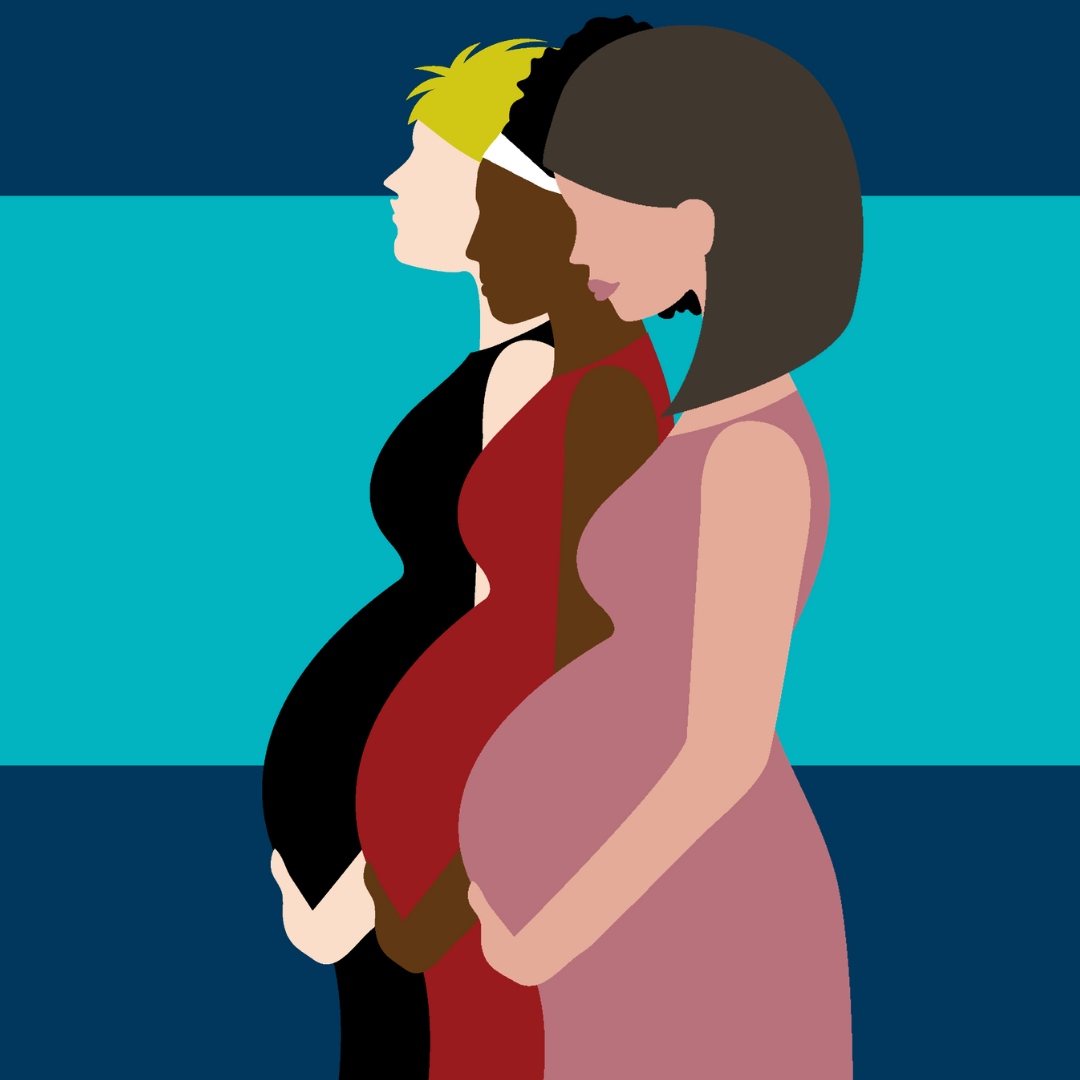
General purpose
The purpose of this self-learning course is to provide up-to-date training and information to health care providers to address alcohol use by women of reproductive age and pregnant women, by introducing strategies for health promotion, early detection and motivation for change in this specific population group.
Guidelines
One of the most important and updated reference materials for this self-learning course is the World Health Organization (WHO) guide "Guidelines for the identification and management of substance use and substance use in pregnancy". Published in 2014, these guidelines were developed by an extensive working group involving experts from various institutions and countries, who conducted systematic literature reviews to identify the most relevant evidence currently available on the subject. Click on the following link to download the document: https://iris.who.int/handle/10665/107130
Summary
The online course "Alcohol Use, Women's Health and Pregnancy: Comprehensive Approaches to Preventing Problems Associated with Prenatal Alcohol Exposure", is an initiative of the Pan American Health Organization. In seven modules and final evaluation, this free self-learning tool primarily aims to equip health professionals to address alcohol use among women of reproductive age and those who are pregnant women by touching on strategies for early detection, motivation for change and health promotion in this target group. The theme areas covered in the course include:
- Background on alcohol use and women's health
- Background on alcohol use and health of the pregnant woman
- Implications of alcohol use in gestation for the fetus and child
- Problems related to alcohol and family relationships
- Identification of alcohol use during pregnancy
- Brief interventions and treatment
- Implementation and health promotion
Target audience
The target audience of the course are health professionals such as nurses, psychologists, doctors, community health agents, among others, who work in primary health care, maternal and child health, or mental health, and all those who attend women of childbearing age.
Number of hours that the course certifies
An estimated 8 hours is necessary to complete the course.
